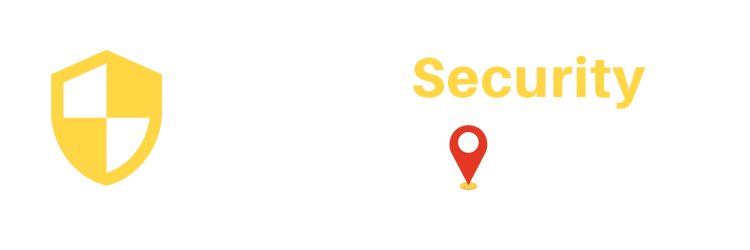Follow these steps to kick-start your career to get entry level cyber security jobs :
In today’s digitally driven world, the demand for cyber security professionals is at an all-time high. With cyber threats evolving rapidly, there’s a pressing need for skilled individuals to safeguard sensitive data and networks. If you’re eyeing a career in cyber security, landing your first entry-level job is an essential stepping stone towards a rewarding career. Here’s a comprehensive guide to help you navigate the path to securing your first entry-level cyber security job.

1. Learn Computer Network Fundamentals :
A strong understanding of networking basics is crucial for any cyber security professional.
2. Basic Web Development (optional) :
While not mandatory, having a basic grasp of web development can help better understand web security.
Also Read : Automate XSS With These 3 Simple Tools
3. Try to Learn/Update Daily :
Stay updated with the latest developments in cybersecurity by reading infosec blogs and watching hacking tutorials
4. Work with Different Operating Systems :
Get hands-on experience with various operating systems, including Windows, Linux, and macOS. This will broaden your skillset and make you adaptable to different environments.
5. Hands-on CLI :
Familiarize yourself with the Linux/Windows PS command line interface. It’s an essential skill for cybersecurity professionals and will boost your efficiency in handling security tasks.
6. Try to Solve CTF Challenges :
Participate in Capture The Flag (CTF) challenges to sharpen your problem-solving skills. Explore different categories like Reverse Engineering, OSINT, Web, etc.
7. Get New Certifications (Optional) :
Certifications can add credibility to your profile, but focus on practical skills alongside certifications for a well-rounded approach. (Rec: CRTP, OSCP, CPTS, etc. )
Also Read : Mastering njRAT: Complete Guide – Now Hack Anything
8. Practice Labs from Reputable Platforms :
Engage in hands-on labs from platforms like HackTheBox, TryHackMe, Portswigger, etc. to gain practical experience in simulated 9. environments.
9. Start Doing Bug Bounty Hunting :
Engage in bug bounty programs to find and responsibly disclose security vulnerabilities. This not only improves your knowledge but also earns you recognition in the cybersecurity community.
10. Interesting Achievements :
Getting listed in the Hall of Fame for finding significant security issues, or getting CVE IDs can attract attention and showcase your abilities.
11. Develop Your Tools :
Automation in Security: Learn to create custom tools and scripts to automate repetitive tasks in cybersecurity. Automation skills are highly valued in the industry. Publish some of them & help the community.
12. Improve Your Network :
Connect with like-minded professionals on LinkedIn and Twitter. Networking can open up opportunities, and you can learn from others’ experiences.
13. Soft Skills :
Soft skills play a crucial role in personal and professional success. Developing and showcasing these skills can greatly enhance your employability and make you stand out as a candidate in the job market.
- Communication Skills
- Teamwork
- Adaptability
- Problem-solving Skills
- Creativity
- Time Management
- Leadership
- Emotional Intelligence
- Conflict Resolution
- Decision Making
- Critical Thinking
- Flexibility
- Interpersonal Skills
- Collaboration
- Networking
- Presentation Skills
- Empathy
- Negotiation Skills
- Cultural Sensitivity
- Resilience
- Work Ethic
- Positive Attitude
- Open-mindedness
- Self-motivation
- Confidence
- Active Listening
- Patience
- Diplomacy
- Self-awareness
- Dependability
- etc.
Conclusion :
Landing your first entry-level job in cybersecurity requires dedication, persistence, and a strategic approach. By investing in relevant certifications, gaining practical experience, and networking effectively, you can position yourself as a strong candidate in this high-demand field. With determination and perseverance, you can embark on a fulfilling career path in cyber-security and contribute to protecting digital assets worldwide.




